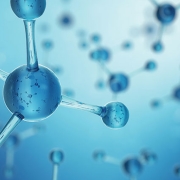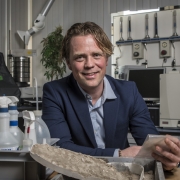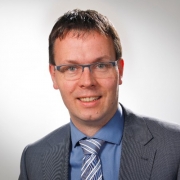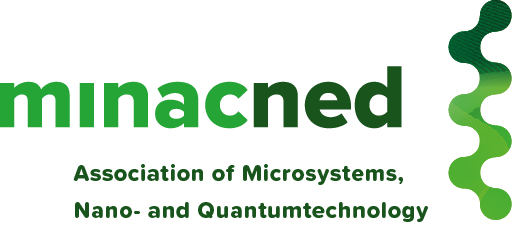Every week we will give you a sneak peak into the international MicroNanoConference 2019. This week we will talk with Schroën…
Karin, can you share with us what you do at MinacNed?
I have joined the board of MinacNed in 2015. First as a regular member representing academia. More specifically Wageningen University where I work. After 2 years I took over the role of treasurer, and I’m still in that function now. Besides my activities for the board and being involved in strategic research programs such as NanoNextSteps I’m also active in the Programme Committee which is involved in organizing the IMN19. Being a part of the board has really helped my development on technology development. MinacNed is a lively community with a big drive to make a difference and I enjoy my participation in that eco-system.
You are one of the speakers at the iMNC19. What will you be talking about?
I will discuss the work that we do at Wageningen University within the food process engineering group. I will show how we apply insights obtained at micro- and nanoscale . This to make better and healthier food products that fit within the sustainable development goals of the UN. For example you can think about the use of plant based proteins, that in essence are more sustainable then their animal / dairy base counterparts, but that have less high technical functionality. We have developed microfluidic tools with which we can test the technical functionality using highspeed imaging. This allows us to look at functionality within microseconds, and sometimes even faster, which is also very relevant for processes as they occur in large-scale processing equipment. Based on these insights we can either up-scale microfluidic devices , redesign current processes making them intrinsically more sustainable.
How is you work at the university aligned with microsystems and nanotechnology?
The topic is very much in the core of the work that we do within the food microtechnology group. In itself the approach that we have chosen is a very exceptional one within the field of food striving for mechanistical understanding. Because of this, it also attracts a lot of attention. To share an example: on September I presented our work as one of the plenary speakers at ICEF, the largest world food conference in Melbourne and the audience was amazed about the options that now are within reach. Even more on how that can contribute to more sustainable food production.
What can visitors expect at your speaking session?
They will be exposed to a completely new way of looking at food and food production and how this can be used to make our future more sustainable! Besides this, I will also try to link to some of our future research ideas on how to investigate technical functionality and also digestive functionality, and links to organ on chip technologies to maybe establish food that is intrinsically healthy, possibly even at the level of individuals. I always like to think that if people can eat themselves healthy, this would reduce the burden on health care a lot and thus greatly contribute to the economy. Obviously also micro- and nanotechnology for health hold great importance, but I see options to add a different dimension using these technologies for e.g. screening of ingredients, and food product design.
The title of the conference this year is: Where science meets industry..what’s your take on that?
What I truly hope will happen is that there is going to be mutual inspiration. As an academic researcher I always hope that the things I investigate are going to be useful for society as a whole! Being active in the field of food also implies that if I can come up with new concepts… that can have a huge effect on the world that we live in. On the other hand, I am not ultimately equipped to bring these findings to the market because start-ups are of essence in that process or a larger company that can embrace that technology. At the IMNC, all parties that are needed to bring scientific discoveries to the next level are present, and I hope to be part of the inspiration needed to make the world a more sustainable place for generations to come!
What do you want visitors and exhibitors to still remember and take home after the conference?
Because food is not a standard topic for micro- and nanotechnology, I hope that the visitors will be fascinated by what this field has to offert and the extent to which our technology can contribute to the production of healthy, and sustainable food. What I hope is that the vastness of food production remains in visitors’ minds and that even small changes will have a great effect on the world that we live in.











